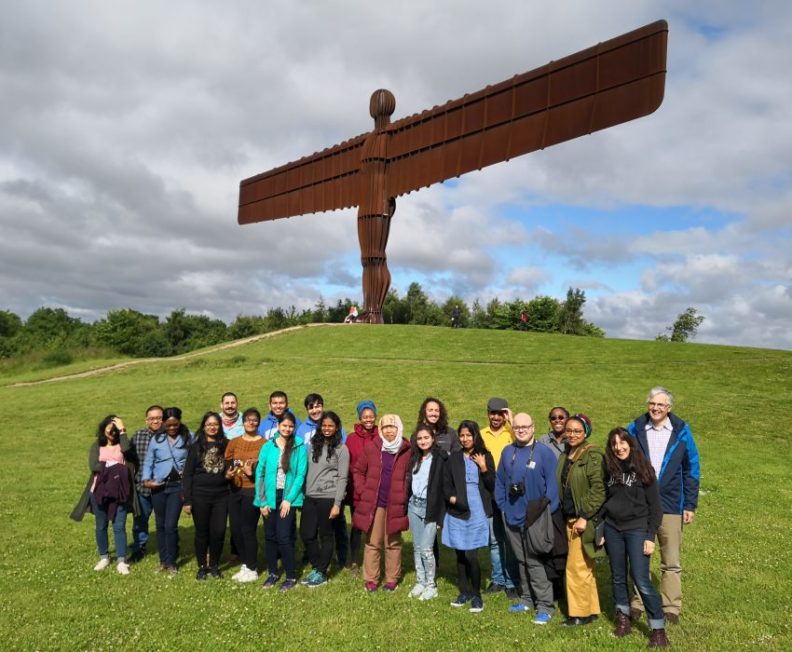Reduce Malaria by “Up and Down” Experimental Huts

Most people have heard about Malaria at some point in their lives. Looking at the data is shocking, even when we are aware that it can be a deathly disease and have a general idea of where the endemic zones are. According to the World Health Organization, out of 219 million of malaria cases reported in 2017, 92% occurred in Africa. As much as Malaria is a global issue, it is a bigger issue mainly localized in African nations. From the five countries with most malaria cases worldwide, four are located in Africa accounting for 45% of the global cases (reference 1).
If we compare these numbers with information of some decades ago, we will see an improvement that unfortunately is not enough. Due insecticide resistance and mosquito behavioural change, the reduction of malaria cases has stagnated and answers coming from other perspectives began to emerge. Housing improvements seem as a sustainable option to prevent and control malaria as they prevent the vector getting into de house, something that is especially important considering most of malaria transmission occurs at night (reference 2).
The “Up and Down” experimental huts is a research project that aims to establish whether less mosquitoes get into houses that are raised from the ground compared to the ones built directly on the ground. The experimental procedures are designed to determine if variations in the distance from the ground to the house floor affect the numbers of mosquitoes inside the dwelling.
My first field visit to The Gambia had the purpose of making sure the experimental huts were built according to all the technical specifications and also getting to know the context and the people I will be working with. I was in The Gambia for one and a half months, it seemed like much more time when I think of all what I have learned. Being exposed to intense sun and high heat was difficult, but trying to learn the local language was, and still is, a challenge. Dealing with the frustration of not being able to ask questions about what I was interested in due to the language barrier was a new experience for me, but it also taught me that we have the ability to develop other ways of understanding each other.
The last two weeks of fieldwork overlapped with Ramadan month and being in a mostly Muslim context made me experience it in a special way. I could witness the changes in times and practices because of the Holy Month. However, I also realized that there were things that did not change even if people could not eat or drink any water from dusk to dawn. Work continued, with less intensity for some, and families spent more time together preparing food for breaking fast. This was especially interesting in terms of my research: how space and time shape activities in the villages. Currently, I am getting ready for the next stage of my fieldwork where we will conduct the experiments in the experimental houses.
References
1. WHO. 2018. High burden to high impact: a targeted malaria response, World Health Organization Geneva, Switzerland.
2. Huho B, Briet O &Seyoum A. Consistently high estimates for the proportion of human exposure to malaria vector populations occurring indoors in rural Africa. Int J Epidemiol 2013; 42: 235-47

